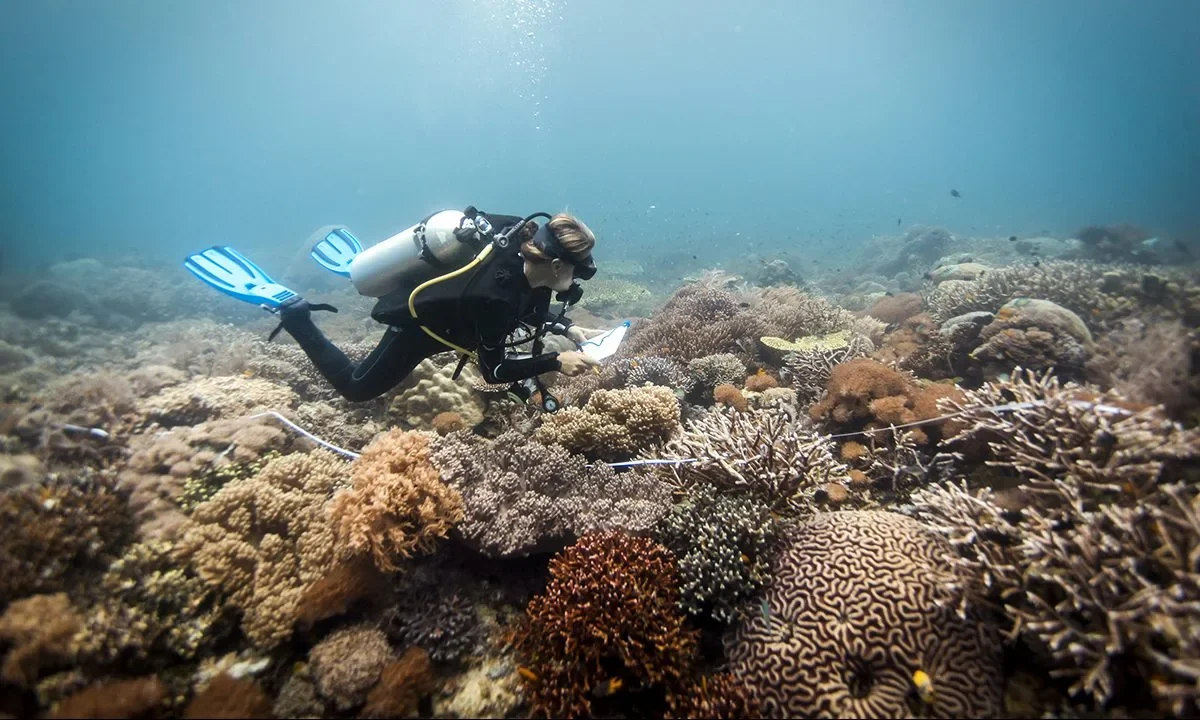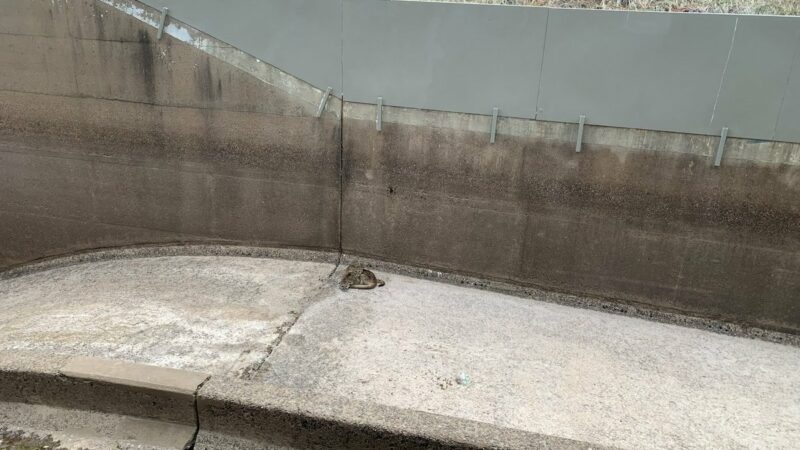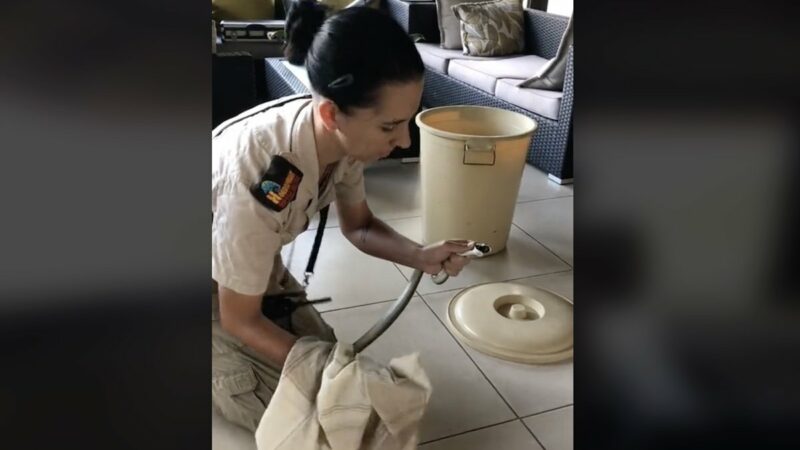This Volcanic Microbe is Guzzling CO2—Could it Help Slow Climate Change?

This Volcanic Microbe is Guzzling CO2—Could it Help Slow Climate Change?
The volcanic hot springs of Italy are harboring more than just a great vacation destination. According to a recent scientific expedition, they might be hiding the key to a clever way to clean up our carbon footprint.
In the Baia de Levante, off the coast of the island of Vulcano, researchers discovered a kind of cyanobacteria that eats up carbon dioxide. They do this “astonishingly quickly,” the Guardian reported this week, offering hope that these microbes might someday be a key player in the fight against climate change.
A research team for the 2 Frontiers Project went out in search of just this kind of organism, knowing that the waters around Vulcano are rich in carbon dioxide. In September, a team of SCUBA divers collected samples of high-carbon and low-carbon seawater around Vulcano—which is off the coast of Sicily—then conducted culturing and sequencing experiments to analyze what they had found.
In February of this year, the team set off on a similar expedition in Colorado, where they say natural hot springs contain up to 1,000 times more dissolved CO2. They set up a mobile lab and visited 10 hot springs around the state, including Pinkerton Hot Springs, which is in the southwestern corner of the state. They’re currently analyzing the results of that study and plan to share updates over the coming months, their website says.
The research could help unlock methods to use bacteria to capture carbon—one of many creative ways scientists are exploring to help mitigate the impacts of climate change.
“Ending the burning of fossil fuels is critical in ending the climate crisis, but most scientists agree CO2 will also need to be sucked from the air to limit future damage,” the Guardian wrote.
Earlier this year, a study from the University of Oxford claimed that current carbon offsetting measures, like planting trees, are simply not enough to reduce our overall impact, and that “novel” carbon capture methods would be required. Those “novel” methods include injecting carbon into the deep ocean, to get it out of the air.
Source: https://outdoors.com/volcanic-microbe-could-slow-climate-change/






